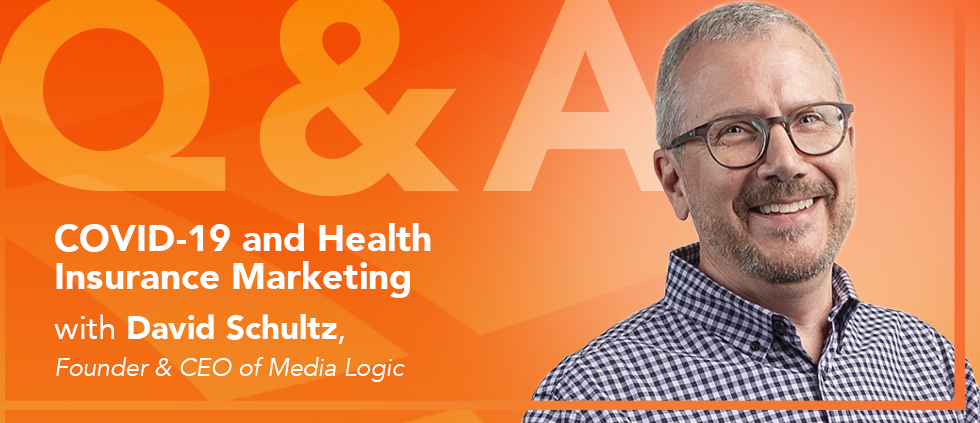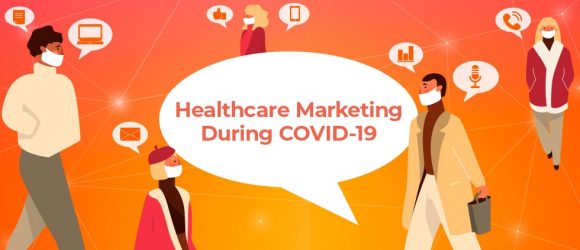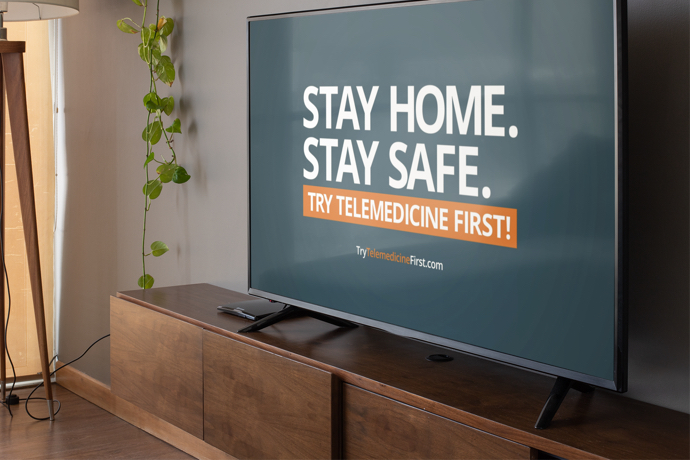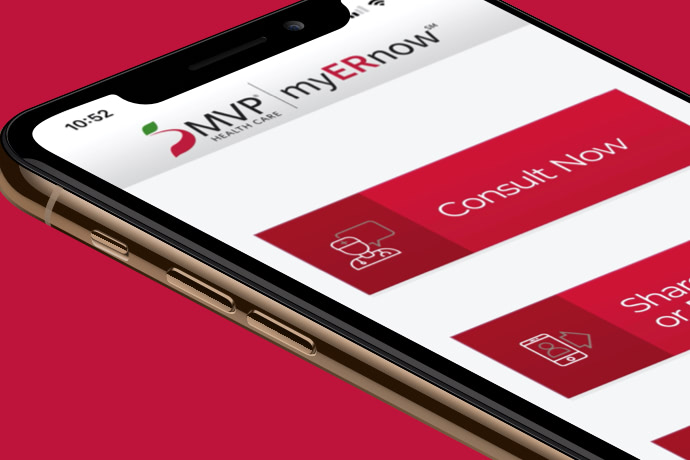COVID-19 and Health Insurance Marketing

A Q&A with David Schultz, Founder & CEO of Media Logic
We recently sat down with Media Logic Founder & CEO David Schultz to discuss health insurance marketing in the context of the recent pandemic. Here are some thoughts David shared during those conversations…
What should health insurance marketers be thinking about right now?
A few things. First, they need to continue to focus on keeping members safe and well-informed. This means communicating about COVID-19 testing and treatment, of course. But it’s also time to start reminding members to keep up with preventive care appointments and monitoring or managing their chronic conditions. We know these things might have fallen off the radar during the thick of this public health crisis, and that could be dangerous for many people and for the health care industry as a whole.
With the fall selling season around the corner, now is the time for marketers to think about lead generation and lead nurturing in a still-shifting landscape. There are many unknowns on the horizon, and increasing financial pressures raise the stakes on open enrollment campaigns for Medicare AEP, employer plans, Medicaid and individual products.
Tell us more about the unknowns coming up in the fall.
The biggest unknown is the mood of the marketplace. What emotions will re-opening the economy bring out in consumers? Relief? More anxiety? How does a contentious presidential election impact the zeitgeist? What if there is a sudden spike in COVID-19 cases?
Those questions lead to uncertainties about the tone and feel of marketing campaigns. Should messaging be empathetic or upbeat? It’s hard to know, and no one wants to appear tone-deaf.
How will prevailing conditions impact marketing tactics and media choices? We’ve seen renewed interest in daily digital news outlets, but will people will have any appetite left for news in a few months? People have been watching more TV, but will the election monopolize quality ad inventory? Will the networks have original programming to air? As soon as it’s safe, will there be a mass exodus from our at-home bubbles along with a decline in content consumption?
With so many unanswered questions, we plan to build as much agility as possible into our processes. We’re also exploring alternative ways to support our clients’ sales and onboarding efforts in a landscape where human contact will likely be kept to a minimum. For instance, on the Medicare side, I suspect some consumers will now be more likely to attend a virtual sales meeting versus a traditional in-person meeting. Marketers should be prepared for that.
With all the uncertainty, should health insurers consider “going dark” and reduce their marketing spend this fall?
Everyone’s situation is unique, but I’d say “going dark” would be a mistake. After unprecedented levels of consumer anxiety, health insurers need to communicate confidence and normalcy to consumers. During times of crisis, people want to know that their health insurance provider is stable, reliable, and there to take care of them.
In addition, in such an unusual year, some consumers may have had a negative experience with their health insurance — poor customer service, lackluster communication, claims issues, or other problems. They could be looking for an alternative, creating some fluidity in the market.
Now is not the time to sit on the sidelines.
What’s one thing beyond “business as usual” that marketers should think about?
I think the pandemic has hastened a number of emerging trends, such as the perceived value of telemedicine access. Conversely, it may have temporarily diminished the value of extras such as gym memberships or rides to appointments. We need to carefully consider our messaging choices this fall.
In terms of “one new thing,” some health insurers may see an unprecedented number of members in transition. With furloughs and layoffs, there might be many people transitioning out of their employer-sponsored plans into individual plans. What can you do to maintain continuity of coverage and cultivate a sense of goodwill with people who are afraid of losing their access to healthcare?
In all things, keep your customers and their concerns in mind.
Any other thoughts for health insurance marketers during this challenging time?
Any period of upheaval brings unexpected opportunities. My advice is to be vigilantly open-minded and flexible. I’m realistically optimistic about what lies ahead. There’s a lot of work to do, but I think the time is right for innovation and creativity. As strategic marketers, this is our chance to shine.









